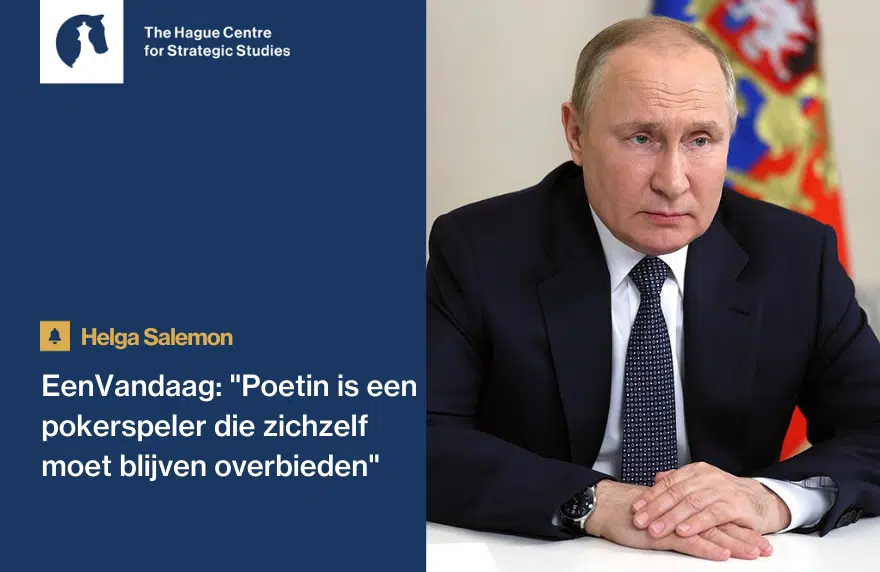De Vierde Industriële Revolutie heeft, voordat deze goed en wel van start is gegaan, inmiddels tot een digitale Koude Oorlog geleid tussen de Verenigde Staten en China. Niet de handelsoorlog, maar Trumps aanval op Huawei is de belangrijkste veldslag.
Trump weert de Chinese gigant voor de aanleg van het Amerikaanse mobiele 5G-netwerk en wil nu ook dat Amerikaanse bedrijven geen onderdelen meer voor de mobieltjes van dat bedrijf maken. Het gevolg? Huawei mag smartphones niet meer op Android, Google’s besturingssysteem, laten draaien en kan de chips van Qualcomm, Intel en NXP niet meer gebruiken.
Het meest gebruikte argument voor deze maatregelen is spionage. Er wordt inderdaad door China gespioneerd, maar deze reden wordt vooral genoemd omdat iedereen zich er iets bij kan voorstellen en spionage algemene verontwaardiging opwekt.
Maar de belangrijkste reden is dat 5G de nieuwe economische ruggengraad wordt. Het 5G-netwerk speelt een sleutelrol in het Internet of Things waarbij miljarden apparaten op dat nieuwe mobiele internet worden aangesloten. Gekoppeld aan kunstmatige intelligentie, machine learning en supercomputers luidt dit het einde in van het economische stoomtijdperk. Autonoom rijden wordt mogelijk en bijvoorbeeld de gezondheidszorg gaat revolutionair veranderen.
Verontrustend
Degene die deze 5G-infrastrucuur in handen krijgt, heeft daarom een beslissende invloed op de toekomstige economische ontwikkeling van een land. De crux is industriële standaarden. Degene die deze standaarden voor 5G en de apparaten die erop kunnen worden aangesloten bepaalt, bepaalt de wijze waarop de infrastructuur wordt gebruikt en hoe de apparaten erop worden aangesloten.
China slaagt er steeds beter in het standaardiseringsproces en daarmee de 5G-technologie te domineren. Voor de westerse wereld is dat ultiem verontrustend. Want uiteindelijk vertaalt dit zich in economische en militaire superioriteit.
De Amerikanen weten wat de gevolgen zijn. Door het ‘winnen’ van de industriële revoluties van de massaproductie en informatietechnologie werd Amerika nummer één. Trump wil die positie niet afstaan en tracht China terug zijn hok in te slaan.
Opgeknipt
De gevolgen zijn echter niet te overzien. Allereerst is het denkbaar dat het internet wordt opgeknipt en zelfs verschillende standaarden krijgt. Er komt dan een digitale muur tussen de grootse economieën van de wereld.
China heeft al zo’n muur en ontwikkelt daarachter een internet en economie met ‘Chinese karakteristieken’. Tegelijkertijd tracht China deze versie uit te rollen over de ruim honderd landen die zijn aangesloten bij de nieuwe Zijderoutes, het Belt and Road-initiatief. Amerika doet feitelijk hetzelfde door landen te dwingen Huawei in de ban te doen.
China heeft de situatie in belangrijke mate aan zich zelf te wijten. De Chinese telecommarkt is voor 80 procent bestemd voor Chinese bedrijven als Huawei die relatief hoge prijzen kunnen bedingen. Dat stelt hen in staat hun producten in Europa te dumpen. Mede daarom kiest KPN voor Huawei bij de uitrol van 5G.
Trump heeft gelijk dat dit Chinese protectionisme onacceptabel is. Maar het is de vraag of de lidstaten van de EU daarin meegaan. Als sommige lidstaten kiezen voor Chinese waar en andere niet, zou de digitale muur wel eens dwars door Europa kunnen gaan lopen.
Lees wekelijks de column van Rob de Wijk in Trouw






